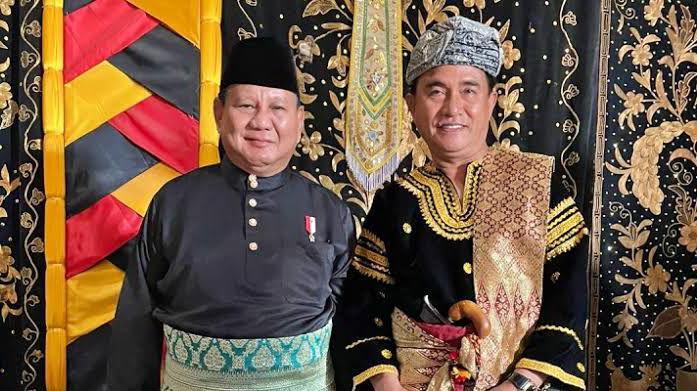CKG Program: A Step Towards a Healthier Nation
The Senior Expert at the Presidential Communication Office (PCO), Hariqo Wibawa Satria, emphasized the significance of the Free Health Check (CKG) program as the initial move towards creating a healthier population. He stated that CKG serves as a pivotal moment where people’s awareness is heightened, urging them to prioritize their health throughout their lives.
Hariqo expressed his optimism that with each Independence Day celebration on August 17, not only would the nation commemorate another year of independence, but also witness an increasing number of Indonesians liberated from various illnesses. To realize this vision, President Prabowo’s administration has implemented a series of priority initiatives, including CKG, the “Stop TB” campaign, hospital revitalization, and incentives for medical specialists in remote areas.
Despite Indonesia marking its 80th year of independence, the burden of disease continues to impede the country’s economic and social progress. Studies have revealed that illnesses significantly reduce productivity and GDP, with the potential for even greater economic losses in the future if left unchecked. The economic impact of smoking, obesity, and tropical diseases underscores the importance of investing in healthcare as a strategic economic asset.
Hariqo highlighted the prevalence of health issues among Indonesian children, attributing conditions like diabetes, obesity, and tooth decay to insufficient health education. He also noted the adverse effects of excessive gadget use on children’s vision. CKG plays a crucial role in not only preventing illnesses but also in educating the public about health.
The ultimate goal of CKG is to move towards a healthier population, enabling individuals to actively contribute to the country’s development and economic growth. A healthy population is directly linked to increased life expectancy and enhanced productivity, which in turn can boost GDP. Studies suggest that a significant reduction in illness rates could lead to a substantial annual GDP growth.
In conclusion, investing in public health is not just a social responsibility but also a strategic economic decision. By empowering citizens to prioritize their health, Indonesia can pave the way towards a healthier, more prosperous future.


